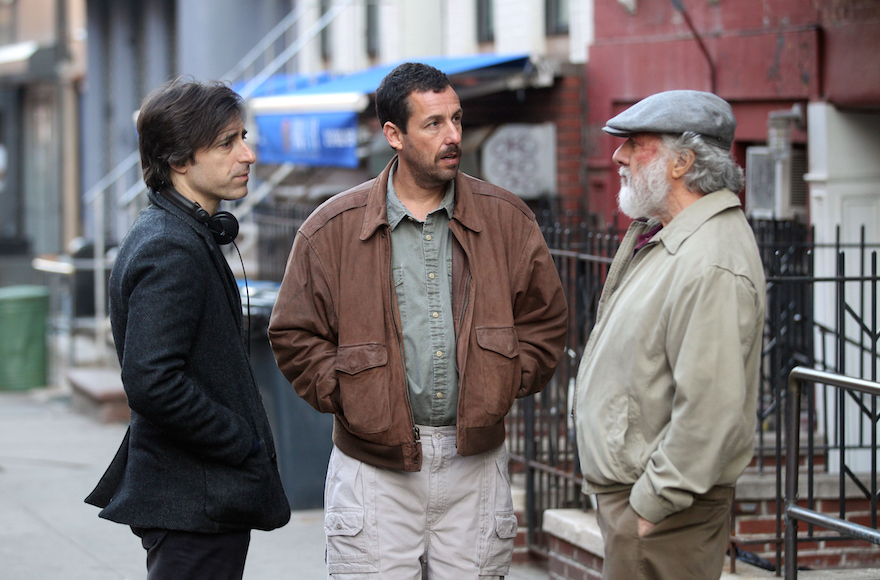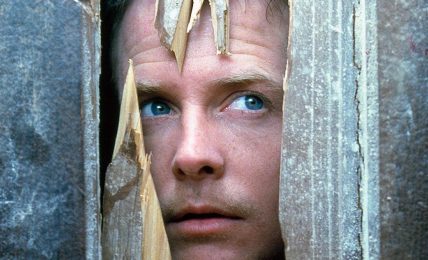10 Cannes Films to See in 2017
The 70th Cannes Film Festival concluded on 28 May with a glittering awards ceremony. The films picked by Cannes will inevitably land on many people's must-watch lists, so here are 10 movies from Cannes 2017 to keep on your radar...





